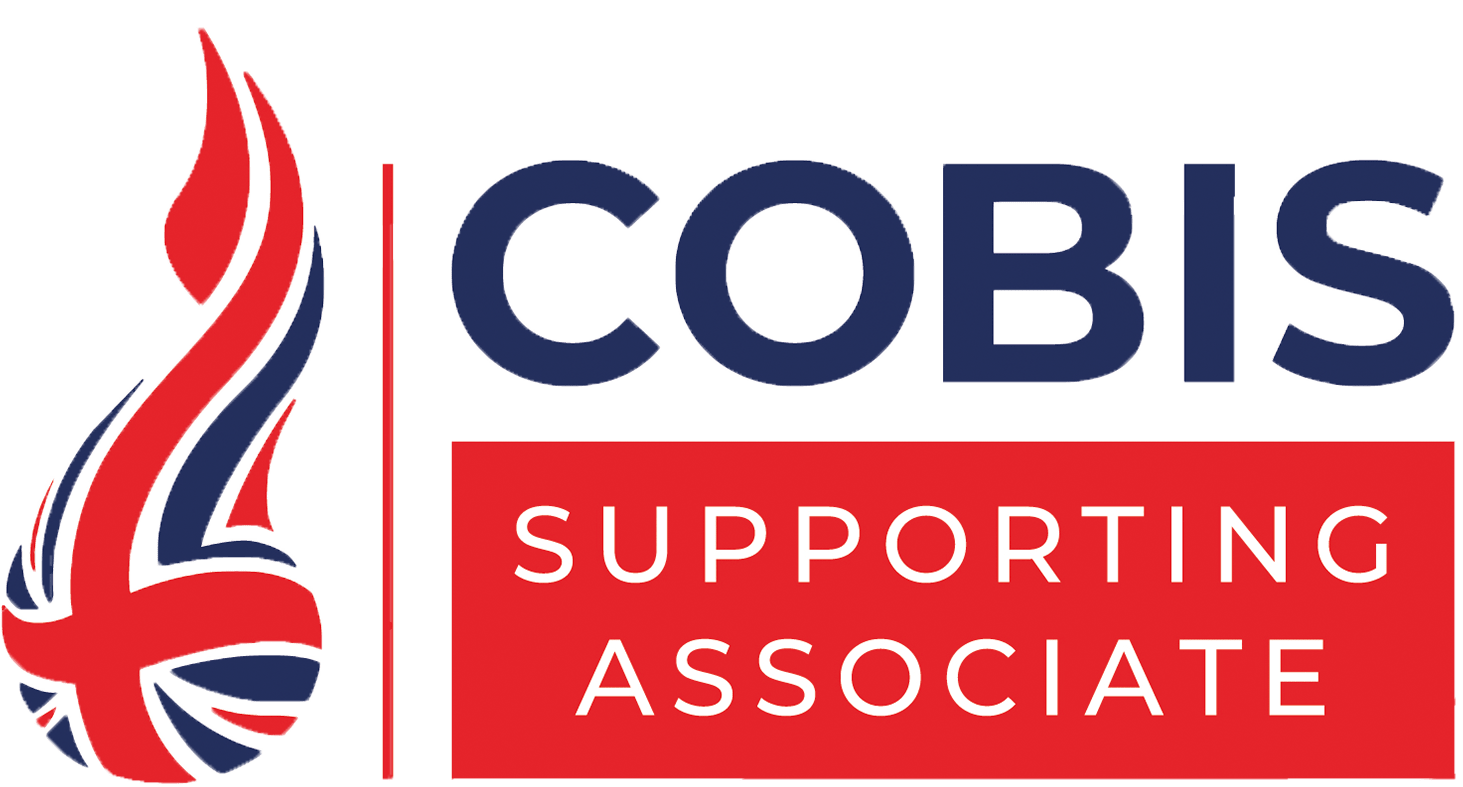Student agency refers to feelings of autonomy and input that learners have over their own learning. It is rooted in the principle that when students believe their actions can make a difference, they become more engaged, confident and effective learners. But should educators give students agency in their learning and their teaching?
Nobody has a bigger stake in the quality of teaching practices than students. Therefore instead of asking whether students should have a voice in their teaching, we should instead examine how they can. And if we are truly concerned with feelings of student agency, we need to examine how actual agency translates into perceived agency on the part of students.
How can we ask students for feedback on classroom practice?
The idea of asking students about their experiences of school is not new. Many types of student surveys are in use already—perhaps providing insight relating to students’ attitude to school, their wellbeing, or their sense of belonging. Less common are student surveys focused on pedagogy and classroom practice.
Teaching is a complex and nuanced interaction between teachers, students, and content; no single tool can measure or capture its intricacies. However, there is a good body of research that shows student surveys can provide valid indicators of the classroom environment and teaching practices (e.g., Marsh and Roche, 1997; MET Project, 2012; Spooren et al., 2013).
When asked effective questions, student perceptions can be harnessed to offer an important source of information on pedagogical practices and the classroom environment. After all, there is not anyone else who has more collective experience of a classroom environment and teaching practices than its students.
The feedback students generate can be a powerful tool for teacher learning—offering additional insight that allows teachers and leaders to personalise professional development. This is real student agency; they are having a (measurable) impact on their teacher’s professional development.
We felt there was sufficient evidence for the validity of student surveys to create our own for inclusion as part of the Great Teaching Toolkit. Rob Coe and the team at Evidence Based Education developed student surveys linked to the four dimensions from our Model for Great Teaching. These are powerful tools that give students agency in providing actionable feedback for teachers to improve.
Feelings of agency and student surveys
Providing learners with real agency regarding their teaching may be useful for teachers, but it can also translate into students’ feelings of agency. Teachers can support the sort of autonomous motivation associated with student agency through fostering feelings of competence, autonomy, and relatedness (Deci & Ryan, 2008).
Through both their form and function, the Great Teaching Toolkit student surveys can help instil such feelings in students.
It’s easy to ask someone for their opinion about what can be done better; it is much harder to provide that feedback without the necessary expertise in that area. Rather than posing broad, open-ended questions, the student surveys ask specific questions that fall squarely within students’ competence levels. Compare asking a student, “What does your teacher do well?” to these actual survey items asking about the extent or frequency of observable practices:
- In this class our teacher has a particular signal for getting pupils’ attention.
- When other pupils are answering questions, I usually stop paying attention.
- In this class the teacher makes all pupils answer questions.
- Our teacher helps us to remember ideas from previous lessons.
- In this class we use checklists or strategies to help us improve our work.
The entire survey contains items that a student can feel competent answering; the Great Teaching Toolkit even offers different survey versions that make the questions accessible to primary students. (And we have trialled it with actual primary students as part of the survey development!) This is actual input that students are able to provide; in turn, it promotes a sense of agency because students know they are having a real effect.
Furthermore, asking students to provide feedback via surveys contributes to their feeling of relatedness. In asking for feedback, a teacher communicates that they themselves are learning and trying to improve—just like their students. It elevates the role of students with regard to learning from a receptive role to an active role. This is a fundamental component of promoting student agency.
All told, the surveys can also help contribute to what the Model for Great Teaching calls “Creating a Supportive Environment” (Dimension 2). By a teacher opening themselves up for honest (and actionable) feedback, they model self-regulation and learning. It also reinforces messaging that it’s “okay to have a go” and that mistakes and imperfections are normal. While this sort of ethos-building is an effective practice in its own right, it can also help promote student agency.
Student agency in learning and teaching
Schools and teachers with an interest in promoting student agency might chose various strategies, such as providing curricular choices or structured independent learning opportunities. It’s natural to think of the student learning as the focus of their agency, but learning really is inexorably linked to teaching. Students’ contribution to more effective teaching is just as much a component of their agency as their learning itself.
Ultimately, the overarching goal of the student surveys is to provide additional information to the teacher to help inform their professional learning. However, they also provide a powerful “side effect” of building feelings of autonomy and student agency.
Find out more about the Great Teaching Toolkit and student surveys here. Alternatively, book a call with a member of the team for a chat.
References
Deci, E. L., & Ryan, R. M. (2008). Self-determination theory: A macrotheory of human motivation, development, and health. Canadian Psychology, 49(3), 182–185. https://doi.org/10.1037/a0012801
Marsh, H. W., & Roche, L. A. (1997). Making students’ evaluations of teaching effectiveness effective: The critical issues of validity, bias, and utility. American Psychologist, 52(11), 1187–1197. https://doi.org/10.1037/0003-066X.52.11.1187
MET Project. (2012). Asking students about teaching: Student perception surveys and their implementation. Bill & Melinda Gates Foundation. https://usprogram.gatesfoundation.org/-/media/dataimport/resources/pdf/2016/11/asking-students-practitioner-brief.pdf
Spooren, P., Brockx, B., & Mortelmans, D. (2013). On the Validity of Student Evaluation of Teaching. Review of Educational Research, 83(4), 598–642. https://doi.org/10.3102/0034654313496870





